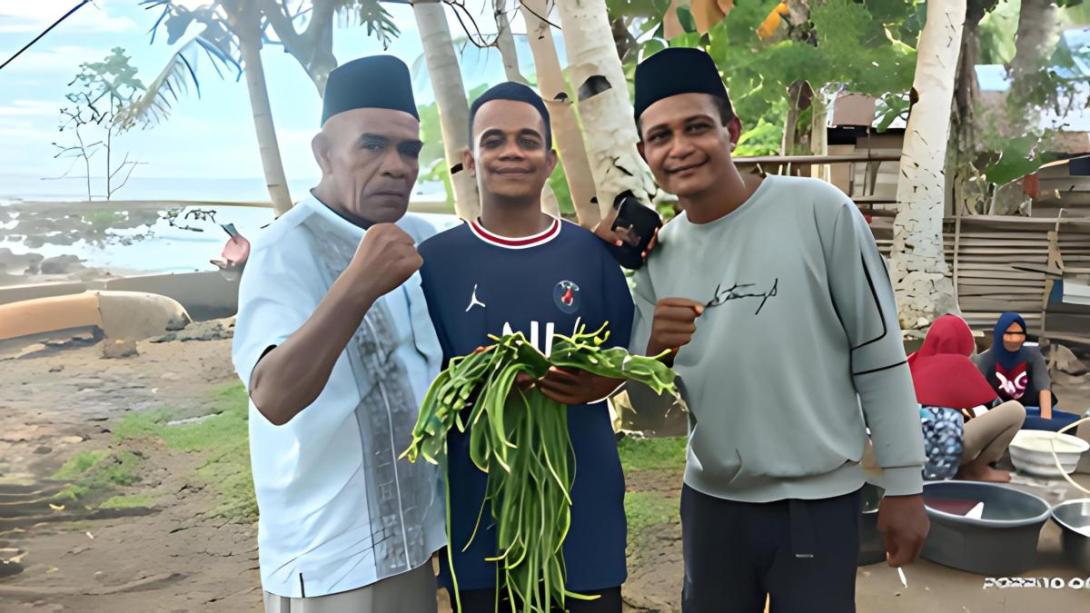
“What makes me really proud is not only how they work for the garden, but also the growing mindset to experiment with things, including failure.”
The goal of this project is to reduce youth economic vulnerability in Keta village by developing livelihood strategy through participatory process.
Main Objectives:
- Empower young people of Keta to develop their livelihood strategy/plan through co-design process.
- Enable young people of Keta to create many alternative livelihood options.
- Strengthening livelihood assets of Keta village.
- Increase the capacity of young people to solve problems and create solutions through participatory approach.
The project led by Tirza Theorupun aimed to reduce youth economic vulnerability in Keta Village, Maluku by using a co-design process to develop alternative livelihood strategies. The initiative engaged 13 youth participants in a 7-day participatory workshop, followed by capacity building, monitoring, and stakeholder engagement. The project introduced the youth to social innovation mindsets, local resource mapping, SWOT analysis, and stakeholder identification to empower them to take ownership of their future. The key output of the process was the formation of a youth-led business group called SARLALAN, meaning "open the way" in the local East Seram language.
SARLALAN focused on three main business lines: agriculture (community gardening), clove & nutmeg nurseries, and processed local products for market. In the second phase, participants received additional training on financial literacy, seasonal planning, and business model canvassing, while field monitoring revealed real challenges like crop failure due to extreme weather. Despite setbacks, the youth regrouped and replanted crops successfully, even earning modest income from vegetable sales. SARLALAN also launched side businesses selling internet data and electricity tokens to support operational costs.

The project also successfully built strong community support, particularly from village officials, women elders, and local government. SARLALAN was officially recognized by the village administration, and support was secured from the East Seram Vice-Regent and the Department of Agriculture in Maluku, which donated seeds. Although challenges like climate impacts, financial management, and initial lack of women’s confidence were observed, the project catalyzed critical shifts in mindset, youth leadership, and economic resilience for rural youth in Keta.

